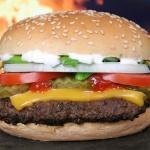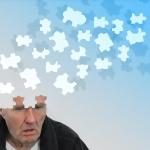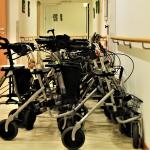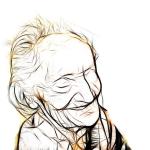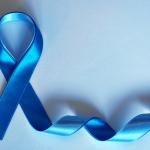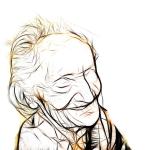I am well aware of the extensive junk science in the field of nutrition, and her article is just another reflection of it. It is the standard attempt
dementia
Are you afraid of developing dementia in your golden years? If so, a few simple changes to your diet may be in order, according to Dr.
“Because the boundaries of the field are poorly defined, credentials often serve as a gatekeeping mechanism….” Leah Pierson,
While it is evident that nursing home residents [1] are both susceptible to COVID-19 and suffer higher rates of mortality, it has been unclear what exactly the underlying risk factors are. Certainly, co-morbid conditions, which seem to
Statin use is ubiquitous, and a careful read of the literature will demonstrate some small percentage of each clinical trial having increased or decreased risk of dementia and Alzheimer's Disease (AD).
Prostate cancer is the most common cancer among men, excluding skin cancers. It is, as a generalization, a slow process, and treatment include surgery, radiation, and chemotherapies.
“An extra burger meal a day eats the brain away," is the sort of arresting headline you’d expect from a tabloid, but it actually comes directly from a recent
A death row inmate convicted of a 1985 murder of a police officer has spent the last thirty-plus years awaiting his exe
It is difficult to make care decisions when you are entrusted by a family member whose dementia is so advanced that it now requires the continuous care of a nursing home.
